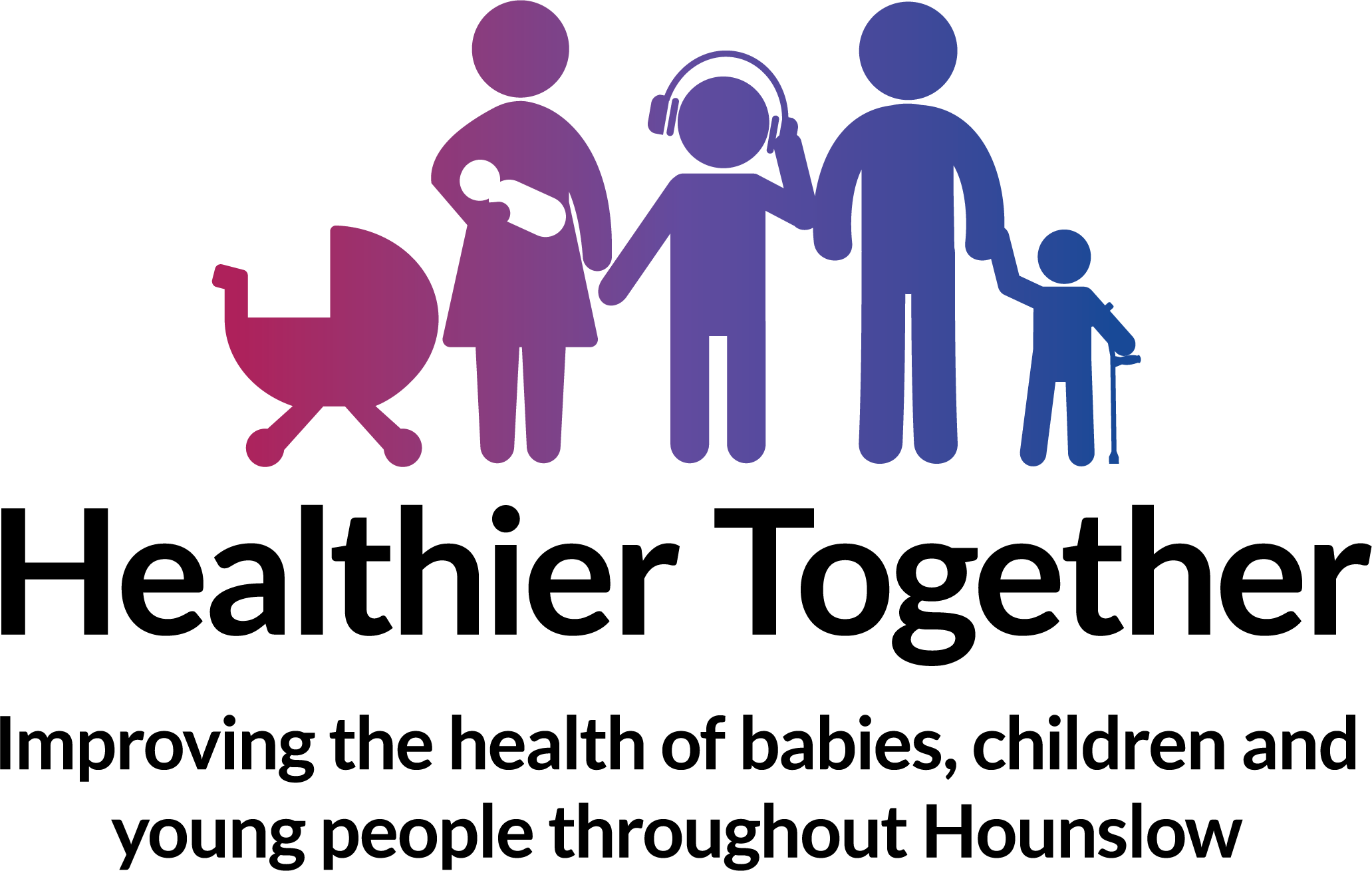Pregnancy
Are you pregnant?
Everyone has different reactions to finding out they’re pregnant. Some people will be delighted; others will feel shocked or worried.
Everybody will need time to think and gather some information and advice about what to do next.
 Healthy lives for young people
Healthy lives for young people
Brook operates a number of sexual health and wellbeing services across the UK and they are committed to supporting young people.
Here's their page on pregnancy.
How does pregnancy happen?
To become pregnant, an egg must be released from your ovaries and then fertilised by sperm. Every month you release an egg (sometimes two) around 14 days after the first day of your period, or 10-16 days before the start of your next period. The egg travels down the fallopian tubes, which connect the ovaries to the womb. Once released, the egg lives for around 24 hours. This process is called ovulation.
Technically, a woman is more likely to become pregnant during ovulation, but it’s impossible to know exactly when you are ovulating because your menstrual cycle can vary each month.
Although this might make it sound like there is a small chance of getting pregnant, it is important to remember that sperm can live in your body for up to seven days.
Am I definitely pregnant?
You can buy a pregnancy test from a pharmacy, or you can ask for a test to be done at:
- your general practice
- a contraception clinic
- a young people’s service (there will be an upper age limit)
- a pharmacy (there may be a charge)
- most NHS walk-in centres (England only)
- a sexual health or genitourinary medicine (GUM) clinic.
Who can I talk to?
You can speak to someone at a Brook service, a sexual health clinic or another young people’s service. A counsellor can listen to how you’re feeling, answer any questions you might have and give you lots of information and support to help you make a decision that feels right for you.
Find your local service here:
Sexual health advice and treatment | Sexual health advice and treatment | London Borough of Hounslow
Sexual Health Hounslow — Chelsea and Westminster Hospital NHS Foundation Trust (chelwest.nhs.uk)
When can you use emergency contraception?
If you’ve had sex without using contraception within the last five days, or you think your contraception may have failed for some reason don’t panic – you can usually prevent pregnancy by using emergency contraception if you act fast.
Please see the emergency contraception page for more information.
Teenage pregnancy support
Finding out you're pregnant when you're a teenager can be daunting, especially if the pregnancy was not planned. But help and support is available.
If you decide to continue with your pregnancy, there is a wide range of services to support you during pregnancy and after you have had your baby.
You can get support and advice from:
- Brook – visit your nearest Brook service for free confidential advice if you're under 25, or use the Ask Brook online service
- Family Lives – visit the website or call 0808 800 2222 for support for families, including young parents
- Tommy's – visit this website led by midwives for the latest information for parents-to-be
- Family Nurse Partnership – a family nurse may be able to visit your home, if you're young parents, to support you from early pregnancy until your child is 2
- Shelter – a national housing charity that can advise you about housing options and housing benefits for young parents; visit their website or call them on 0808 800 4444


